What We Do
WHAT DOES LEE REALTIME REPORTING DO?
We provide our clients with accurate, timely, high quality speech-to-text digital products and certified transcripts. We specialize in broadcast closed captioning, CART (Communication Access Realtime Translation), realtime court reporting, computer-integrated courtrooms and examinations for discovery and depositions.
What sort of things does Lee Realtime Reporting do?
- Broadcast closed captions
- Captioning Concierge consulting
- Court reporting
- Examinations for Discovery
- Depositions
- Business Meeting Reporting
- Convention Reporting
- Civic Event Reporting
- Academic Reporting
- And More
OUR BROADCAST CAPTION CLIENTS AND CAPTIONED CONTENT INCLUDES:
WHAT IS CART?
CART stands for Communication Access Realtime Translation. From the NCRA’s CART brochure: CART captioning (Communication Access Realtime Translation) is a word-for-word speech-to-text service that displays complete translation of all spoken words and environmental sounds in order to faithfully communicate the integrity of the message…
CART benefits people who are late-deafened, oral deaf, hard of hearing, or who have cochlear implants… A CART captioner’s training in conveying a speaker’s message, complete with environmental cues, makes them sensitive to the varying needs of consumers. Source
WHAT IS CAPTIONING?
From the National Court Reporters Association: Broadcast captioners, also called stenocaptioners, use court reporter skills on the stenotype machine to provide captions of live television programs for deaf and hard-of-hearing viewers, through realtime technology that instantly produces readable English text. Stenocaptioners work for local stations and for national channels and networks captioning news, emergency broadcasts, sports events and other programming. Source
WHAT IS REALTIME COURT REPORTING?
There are several ways to preserve testimony at trial, in examinations for discovery/depositions, and in other settings where an accurate and complete record is needed.
The highly trained, independent court reporter provides the best method yet devised for keeping the record and sorting or discriminating between testimony and ambient background noise. The court reporter can ask that inaudible or heavily accented speech be repeated, clarify technical terms and certify the accuracy and integrity of the record.
Just as closed-captions can be seen on your TV screen during programming, realtime reporting utilizes a specially trained court reporter who uses a shorthand machine, a laptop computer and specialized software to generate simultaneous speech-to-text output onto the lawyer’s and judge’s laptop, which provides them with immediate and unrivalled access to the text of the trial record for the purposes of reading, annotating, searching, saving and printing – all in real time – the transcript of proceedings.
When the record matters, an independent, professional court reporter is your best choice for accuracy, timeliness and value.










